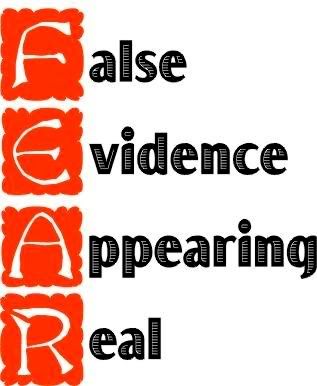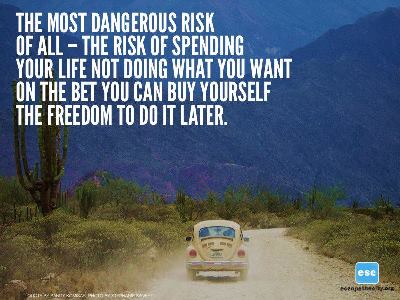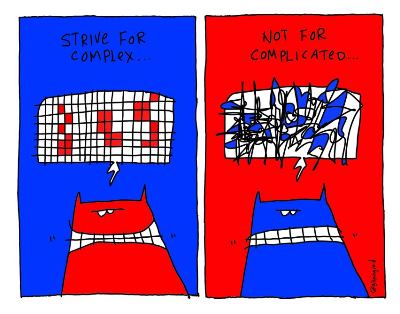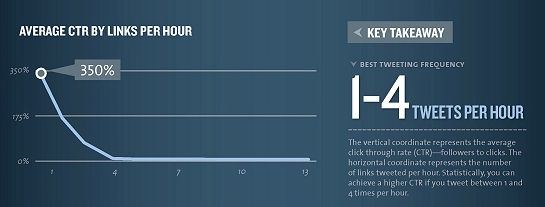I like the enclosed schematics which is very much inspired from the work of Jim Collins (Good to Great, etc.).

What is says is basically that the Sweet Spot you should seek lies at the intersection of what you are passionate doing, what you are good at (word class) and what pays well. There are other possible locations in between these different poles, which are also possible to sustain, with advantages and drawbacks.
Of course, this is not all independent: if you love doing something there are more chances you will become good at it.
You might also decide to combine simultaneously a job (where you are good at it and it pays well), and a hobby (where you are passionate and good at it).
Anyway, this is an interesting framework to classify your hobbies and activities and check there is sufficient balance in your life. Check your activities against it, it might inspire you!











